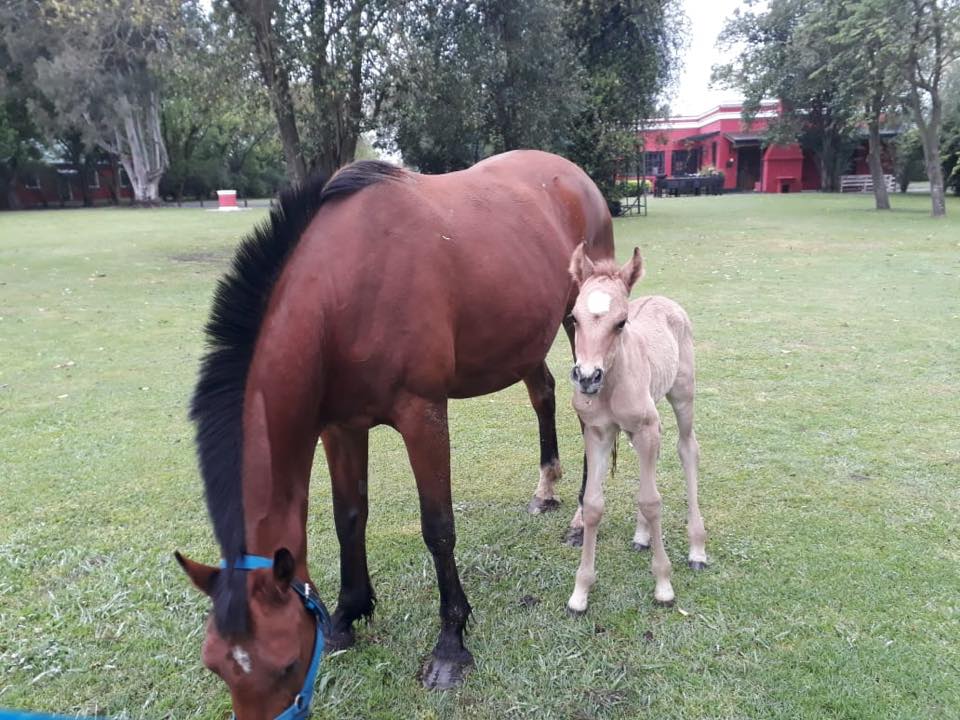- September 8, 2022
- Horse Riding
- Comments : 0
Fun facts about baby horses
Horses are incredible interesting animals. Just like you, we find them to be extremely adorable when they are babies. Here are some fun facts about baby horses you probably didn’t know:
A baby horse is called a foal
Horses in their early stages of life have many different names. The most popular one is foal for horses in general, followed by colt for the males and filly for the females.
Interestingly enough, these names are not exclusive to horses! For example, baby donkeys are also called foals and a baby zebra can also be called a colt.
Mothers play a vital role in a foal’s life
Like most species in the world, baby horses are highly dependent on their mothers to survive and beyond. The mother provides a source of nutrients in the first stages of a horse’s life, a shelter and protection.
Of course, since foals are mammals, they depend on their mother’s milk for nourishment and sustenance so they can grow to be big and strong. Breastmilk is especially important for newborn horses since it provides them with the energy needed to take their first steps.
However, father horses don’t play a role in their babies’ lives beyond conception. The mother horses singlehandedly raise, protect, and eventually teach babies with no help from the other parent how to graze, run, and even how to protect themselves from threats.
Weaning doesn’t happen for every horse at the same age
Weaning is the process of switching the foal’s diet from milk to other foods and fluids. This can happen any time when the baby horse is between 3 to 7 months old.
Prior to the age of 3 months old, the foal relies on the mother for nutrition and immunity. After this stage, the horse begins to develops its own immune system and gradually switches its diet to grass, fruits, and vegetables.
Foals have seriously long legs
A horse foal is born with 80% to 90% of the leg length they’ll have as an adult. This is an evolutionary consequence from when horses lived in the wild: long legs give foals an advantage, helping them travel long distances in search of food and water, escaping predators and staying safe with their herd without getting left behind.
Consequently, the baby horses have a difficult time gaining control over their legs. For the first thirty minutes to an hour after their birth, foals struggle to stand and some foals may even take longer. However, when compared to humans, this process is extremely fast in horses!
Let’s continue to learn more about the magnificent creatures that horses are! Stay tuned for future posts!

